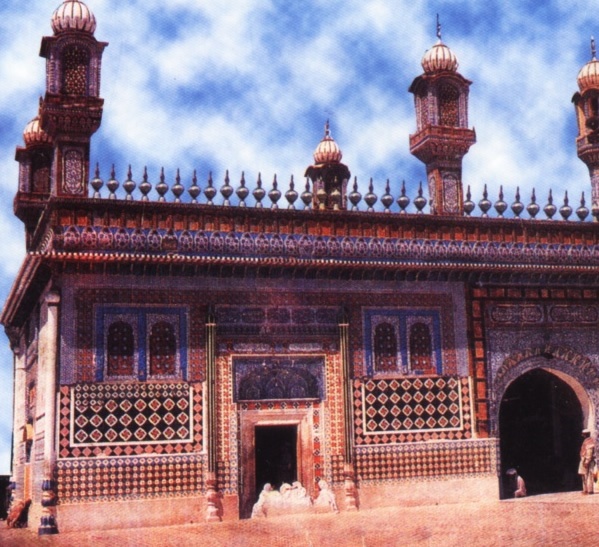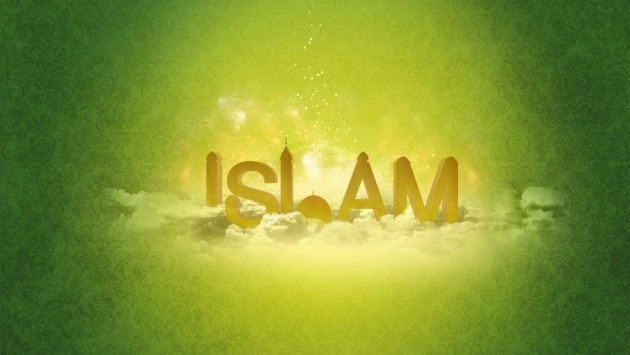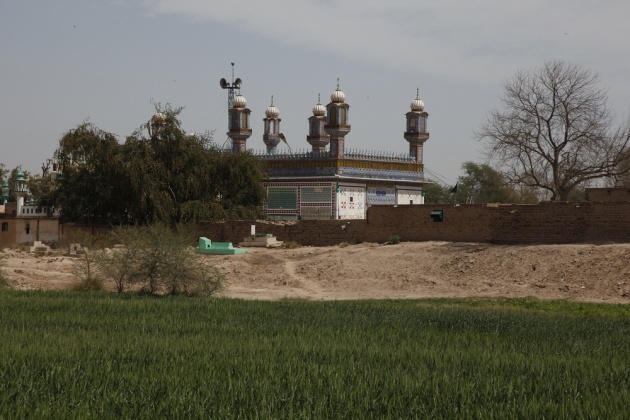Hadrat Sultan Bahu: Language and Style (Part: 2)
Hadrat Sultan Bahu obviously belongs to the tradition of these Sufi masters. He claims that he did never copy or imitate. He always wrote under the inspiration “in the presence of God and His Apostle.”
He realizes that although his language is not refined but it is rich and tasteful due to the mean Sultan Bahu and contents it communicates. It is sweet like the mixture of butter and honey. The diction and style of the “faqirs” is distinguished from that of the poets. The “faqirs” write with the awareness of the presence when the poets make use of intellect and feeling. [NH, p. 227] he declares:
“I am the lover of the art of madness. I don’t care about the learning and sensibleness.”

While reading his books one can see many aspects of his personality. He is a teacher, a theorist and a practicing Faqir. But the most important point to note is the fact that he always write prose or poetry as a grand Murshid.

The reader has to be cautious while reading the book of Hadrat Sultan Bahu. One, who superficially studies him, is sometimes baffled by the repetition. Whether the author writes under inspiration or he dictates the lecture in an ecstatic mood, in both causes on comes across this embarrassment. It is true that he repeats but at the same time he adds some points or makes an effort to explain in some different way. Then his style has its own subtle qualities. One does not know whether he uses these techniques knowingly or unknowingly. For instance, sometimes he introduces a topic or uses an unfamiliar term but he does not elaborate. Yet the reader, confusion is removed when the author explain all that in some other book or in the same book somewhere else quite unexpectedly. The reader, who knows this, becomes familiar with his methods of expression and discussion and if he patiently and consistently continues the study, he feels no more uneasiness over the digression or repetition during the discourse.

Hadrat Sultan Bahu wrote prose and poetry in Persian, which was the cultural language of his time. The exception is the small collection of Dohas ( Abyat) that he wrote in his mother tongue Punjabi. Although the works of Hadrat Sultan Bahu have been published by different publishers yet almost all of the books and treatises in the form of translation, some time along with the original text, are available at the books shops to the genral readers and scholars. But if research scholars need them for research purposes, he may look for various copies of manuscripts (makhtutat) in different libraries or seek help from the individual who process them.




